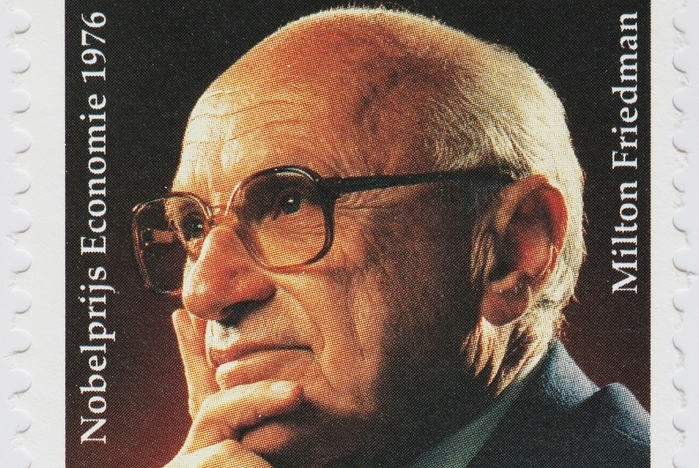ImpactAlpha, July 29 – Social entrepreneurs in Asia, sub-Saharan African and Latin America have for decades prioritized communities, employees and long-term growth over short-term profitability. Investors in such social enterprises see an opportunity to build on those models to drive impact in the broader economy.
“Social enterprises will always be a subset,” of the market, says Meghan Curran, who directs the West Africa office of Acumen, which has invested $137 million of ‘patient capital’ in more than 139 companies. “How do we go from tweaking on the margins to mainstreaming these principles and practices?”
In its new Inclusive Business Playbook, Acumen explores the range and depth of the opportunity.
- Valuing stakeholders. When customers began to pay more for Coliba Recycling Ghana’s recycled plastic from, Prince Kwame Agbata wanted to increase pay for his waste pickers. When an investor resisted, he bought them out. At Ansaar Management Company in Pakistan, Jawad Aslam shrunk his stake in the affordable housing developer to create a benefit trust through which employees now own 41% of the company. And in rural Colombia, Azahar Coffee is making coffee growing a viable livelihood by paying a premium to smallholder farmers for growing the highest-quality coffee.
- Widening the market. The strategy for driving wider adoption of social-enterprise business practices grew out of a partnership with Ventures Platform, a Nigerian tech accelerator that enlisted Acumen to bring impact into their startup programming. Spreading social-enterprise practices and principles, says Curran, can expand the pool of impact investors. Demonstrating the value-creation, and social impact, of stakeholder models make impact investments, “more accessible to investors than convincing everybody to invest in low-income customers.”
- Innovative structures. To adopt such practices, business leaders often require aligned investors. To make an equity investment in Gigante Central Wet Mill, a Colombia coffee growers’ cooperative, Acumen set up a self-liquidating structure in the form of a holding company that would be redeemed with excess cash flows. The mechanism allowed the cooperative to access capital to add processing capacity while staying fully owned by the small farmer members.











